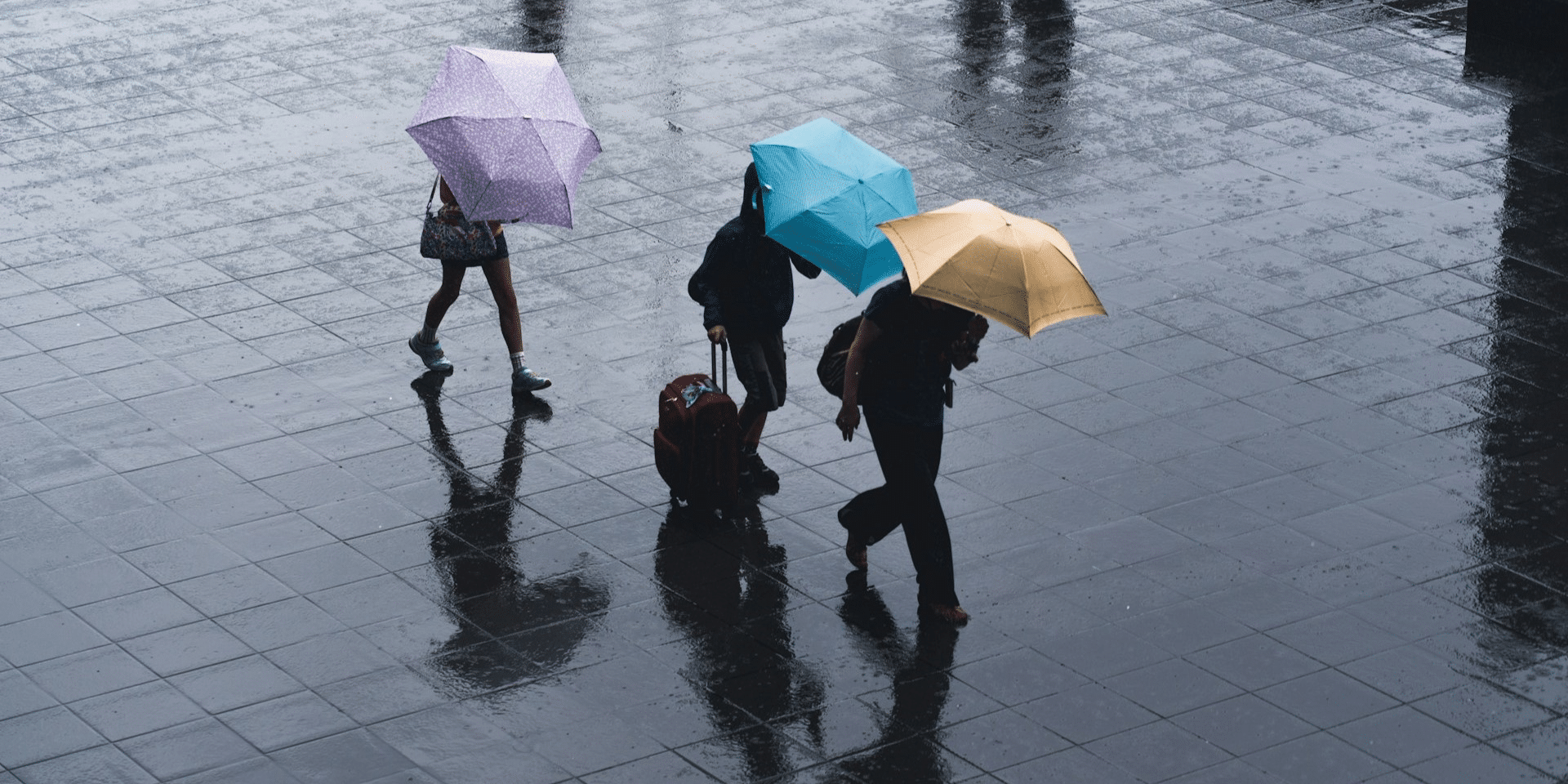Have you ever wondered why some people seem to catch a cold or get sick after being caught in the rain? While getting wet in the rain itself doesn’t directly cause illness, there are several factors at play that can make you more susceptible to getting sick. Let’s explore the reasons behind this common belief and separate fact from fiction.
Myth vs. Reality
First, let’s debunk a common myth: getting wet in the rain doesn’t directly cause you to catch a cold or get sick. Colds and other illnesses are caused by viruses, not by getting wet. However, being exposed to rain and cold weather can weaken your immune system and make you more susceptible to catching a virus.
Immune System Response
When your body is exposed to cold and wet conditions, it has to work harder to maintain its core temperature. This extra effort can divert resources away from your immune system, making it less effective at fighting off viruses and bacteria. Additionally, cold temperatures can cause blood vessels in your nose and throat to constrict, which can make it easier for viruses to take hold and cause illness.
Viral Exposure
Another factor to consider is that rainy weather often coincides with cold and flu season. During these times, there may be more viruses circulating in the environment, increasing your chances of being exposed to one. If your immune system is already weakened due to exposure to cold and wet conditions, you may be more likely to become infected if you come into contact with a virus.
Damp Clothing and Environments
Being caught in the rain can also leave you with damp clothing and belongings, which can create an ideal environment for bacteria and mold to grow. If you don’t dry off properly or change into dry clothes after getting wet, you may be at risk of developing skin infections or respiratory issues from breathing in mold spores.
Tips for Staying Healthy in the Rain
While you can’t control the weather, there are steps you can take to reduce your risk of getting sick when you’re caught in the rain:
- Dress appropriately: Wear waterproof clothing and footwear to stay dry in wet weather. This can help prevent your body temperature from dropping too low and reduce your risk of catching a cold.
- Stay warm: Layering your clothing can help trap heat close to your body and keep you warm in cold and rainy conditions. Make sure to wear a hat and gloves to protect your extremities from the cold.
- Dry off quickly: If you do get wet, change into dry clothes as soon as possible and dry off thoroughly with a towel. Pay special attention to your hair and feet, as they can retain moisture and become breeding grounds for bacteria and fungi.
- Boost your immune system: Eat a balanced diet, get plenty of sleep, and manage stress to keep your immune system strong. Consider taking supplements like vitamin C and zinc to support your body’s natural defenses.
- Practice good hygiene: Wash your hands frequently, especially after being in crowded or public places where you may be exposed to viruses. Avoid touching your face with unwashed hands to prevent the spread of germs.
By taking these precautions, you can reduce your risk of getting sick when you’re caught in the rain and stay healthy year-round. Remember, while rain itself may not make you sick, taking care of yourself and staying vigilant can help prevent illness and keep you feeling your best, rain or shine.
Importance of Hydration
In addition to protecting yourself from the rain, it’s essential to stay hydrated, especially during rainy weather. Cold temperatures and wet conditions can increase your body’s fluid loss through sweating and respiration, leading to dehydration if you don’t drink enough water. Dehydration can weaken your immune system and make you more susceptible to illness, so be sure to drink plenty of fluids throughout the day, even if you don’t feel thirsty.
Exercise Caution in Flooded Areas
During heavy rainstorms or flooding, it’s important to exercise caution and avoid wading through flooded areas whenever possible. Floodwaters can contain contaminants, bacteria, and other pathogens that can pose serious health risks if ingested or come into contact with your skin. Additionally, fast-moving water can sweep you off your feet and cause injuries or drownings, so it’s best to stay out of flooded areas and seek higher ground if you encounter rising waters.
Be Mindful of Seasonal Allergies
For some people, rainy weather can exacerbate symptoms of seasonal allergies, such as sneezing, runny nose, and itchy eyes. Rain can wash pollen and other allergens out of the air, but it can also cause mold and mildew to thrive, which can trigger allergic reactions in sensitive individuals. If you suffer from allergies, be sure to take precautions such as taking allergy medication, avoiding outdoor activities during peak pollen times, and keeping your home clean and dry to reduce exposure to allergens.
Taking Extra Precautions
While getting caught in the rain won’t directly make you sick, it can weaken your immune system and make you more susceptible to illness if you’re not careful. By taking steps to stay dry, warm, and hydrated, practicing good hygiene, and avoiding flooded areas, you can reduce your risk of getting sick and stay healthy, even when the weather is less than ideal. So next time you find yourself caught in a downpour, remember to take care of yourself and stay safe!

















